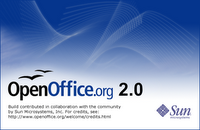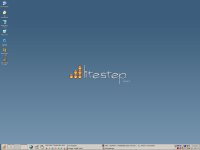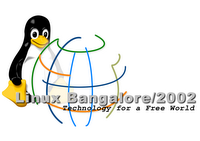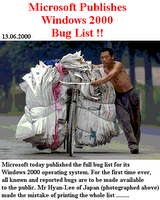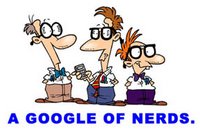
The open window of the vehicle I travel in is probably more interesting than the static viewpoint of the open window from my room. The images I receive keep changing, sometimes becoming a blur, sometimes lingering in my mind's eye even after a few kilometres stretch behind. The changes are rapid and often when stuck at a traffic signal, there's so much to see at any given time with the 180º vision I get, that I have to shut my eyes to avoid information overload.
Natural filters in place, I can then focus on certain images that become fixtures of the locations, seeing them every time I travel that route. People I see often are the destitute. Am I indulging in armchair sympathy? With wheels beneath carrying me comfortably to earn the luxury of permitting myself this indulgence? Years of working in the world of journalism has taught me such indulgences can, with affectation, be wished away as occupational hazards. Which then transform into responsible, sensitive journalism. I am not calling myself a journalist or what I write news-worthy. I am only arming myself with a defense mechanism that helps to suppress my confusion when confronted with these very real sights. And yet I wish to write of them.
The Durgapur Bridge (did you know it's official name is Henry Louis Vivian DeRozio Setu?) (or DeRogio, as spelt on the commemorative plaque?!), that spans the railway and connects New Alipur and Chetla, provides lodging for three such destitute. There are two men who have been there for at least a year of my noticing. Both occupy space on the pavements diagonally opposite each other at either end of the bridge; are bearded, unkempt, coated in soot and dirt, but otherwise look healthy, even sustainably fed. They are both usually supine, their backs to the railings staring at the passing traffic. When it rains they have cast-off plastic sheets to protect them, and alongside, they keep their possessions in overfilled plastic shopping bags which also serve as pillows.
The man at the New Alipur end is younger, has alert eyes and a half-smile that does not have the signs of a rictus nor one belonging to the mentally handicapped. To me he seems observant and in the process of making space deep in his mind to store his findings. The older man at the Chetla end is quite obviously mentally unstable. I see him often enough eating food out of plastic bags, and sometimes standing at the edge of the footpath talking to the skies. Of late, their community has grown with the addition of a young woman. She has apparently displaced the younger man's perch, causing him to shift to the opposite side. She has no possessions, is mentally unsound from the looks of her, and is dressed in a black T-shirt and what seems to be a black and long, wraparound skirt. She takes no interest in the traffic and I see her wandering the New Alipur roundabout area, looking bemused at what she sees. People give her food as well and she eats it on the go. She appears to be a free spirit, unlike the lethargic men.
There are more such souls along the ways of my commutation. But the sights I see at either end of my journey are those that linger. And so that brings me to the Beleghata/Salt Lake crossroads on the Eastern Metropolitan Bye-Pass. This location has not the “character” which, let's say the New Alipur roundabout vibrates with, but it does have the presence of two other destitute men, characters in my mind's movie nevertheless.
Waiting for public transport at this crossing, I see a man in his late fifties, garbed in stained and soiled robes, similar cloth tied in a high turban beneath which flow wispy, graying locks of hair, framing a bearded face. He is bright-eyed, carries a long and slim bamboo pole as a staff, and a bulging plastic sack over his shoulder. He exudes the air of a dispossessed raja in his regal bearing. I watched him cross over the zebra lines to my side. He walked along the pavement and came to stand close by, apparently in wait, like all of us for transport. A young couple held their noses and moved away. He watched the oncoming traffic intently and then began to cross back over to the side he'd come from when he felt it safe to do so, pausing cautiously on the grass covered median separating the lanes of traffic. Having got to the other side, he once again watched the traffic zooming past, till he thought it safe enough to cross over back to my side. He was now a little distance away from me and he kept at this, making two more crossings till I finally got my bus.
The other man is roughly the same age, with a lean scrawny appearance, clothed in dirty shorts and a singlet. He moves very fast among the cars, but not more than twenty or thirty feet in every direction, muttering to himself as he slaps the sides of the vehicles rushing past. I must give credit to the drivers of the speeding vehicles who always manage to avoid banging into him as he smacks their metal sides. I wonder how bruised his hands must be.
Who are these citizens of nowhere? Who are they, who have forsaken, or been forsook? No easy, convenient answers are available to me. All I can do is to record my own observations.


